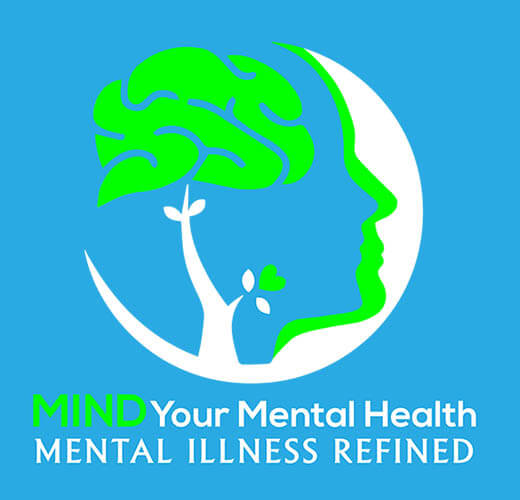Maintaining good mental health is essential for overall well-being. While it’s important to consult with mental health professionals for personalized guidance, here are some general tips that can contribute to better mental health:
- Prioritize Self-Care:
- Develop a routine that includes adequate sleep, regular exercise, and healthy eating.
- Allocate time for activities you enjoy, whether it’s reading, listening to music, or engaging in hobbies.
- Establish Healthy Relationships:
- Cultivate positive and supportive relationships with friends, family, and colleagues.
- Communicate openly and honestly with loved ones about your thoughts and feelings.
- Manage Stress Effectively:
- Practice stress-reduction techniques such as deep breathing, meditation, or mindfulness.
- Identify and address sources of stress in your life, working on healthy coping mechanisms.
- Set Realistic Goals:
- Break larger tasks into smaller, more manageable goals.
- Celebrate achievements, no matter how small, to boost your sense of accomplishment.
- Stay Connected:
- Engage in social activities and maintain connections with friends and family.
- Join clubs, support groups, or online communities to connect with like-minded individuals.
- Limit Screen Time:
- Set boundaries on screen time, especially on social media.
- Prioritize face-to-face interactions and spend time outdoors to reduce digital fatigue.
- Seek Professional Help When Needed:
- If you’re struggling, don’t hesitate to reach out to mental health professionals such as therapists or counselors.
- Regular check-ins with a mental health professional can provide valuable insights and support.
- Practice Mindfulness and Relaxation Techniques:
- Incorporate mindfulness practices, such as meditation or yoga, into your daily routine.
- Focus on the present moment and learn to let go of unnecessary worries.
- Establish Work-Life Balance:
- Set boundaries between work and personal life to prevent burnout.
- Take breaks during the workday to recharge and maintain a healthy balance.
- Educate Yourself:
- Learn about mental health and common mental illnesses to foster understanding.
- Stay informed about available resources and support services in your community.
- Express Yourself Creatively:
- Engage in creative outlets like writing, drawing, or crafting to express your emotions.
- Creative activities can be therapeutic and provide a positive outlet for self-expression.
- Practice Gratitude:
- Keep a gratitude journal to focus on positive aspects of your life.
- Regularly reflect on things you are thankful for to foster a positive mindset.
Remember that mental health is a dynamic and individualized journey. Implementing these tips alongside professional guidance can contribute to a more resilient and positive mental state. If you or someone you know is struggling, don’t hesitate to seek help and support.




